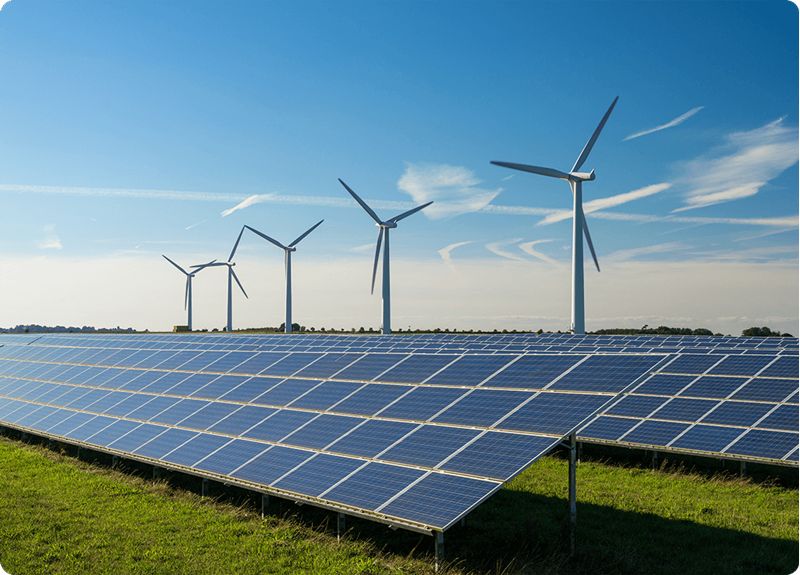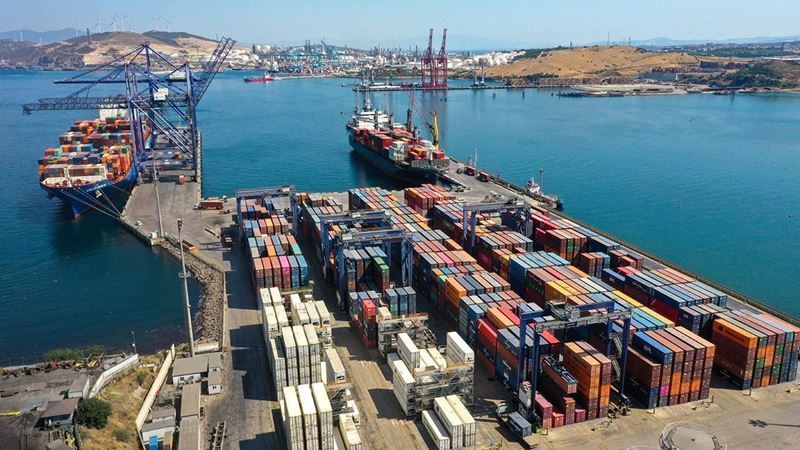In an interview with Anadolu Agency (AA), Güllü emphasized that with the decline in renewable energy costs, market-based financing models are becoming increasingly important, highlighting the growing relevance of alternative mechanisms like PPAs.
She explained that this model, implemented as long-term energy purchase agreements between producers and the private sector, provides financing convenience to producers and low-emission energy to buyers.
“PPAs stand out as a market-based financing tool that does not require public support, especially in cases where other policy mechanisms fail to offer sufficient flexibility,” Güllü said.
Rapid Expansion in the U.S. and Europe
Güllü noted that PPAs are rapidly spreading in the U.S., as well as in Spain, Germany, and the Nordic countries, as part of corporate carbon reduction goals.
She added that global tech and industrial giants such as Amazon, Meta, LyondellBasell, and Google are adopting this model. Since 2008, a total of 198 gigawatts of wind and solar-based PPAs have been signed. In 2023 alone, 20.9 GW of these agreements were signed in the Americas and 15.4 GW in Europe.
In neighboring Greece, Güllü explained that prioritizing grid access for farmers and industry has accelerated the adoption of PPAs—an approach Türkiye should also consider adopting.
Potential for Türkiye
Pointing to the critical role of renewable energy in achieving Türkiye's 2053 net-zero target, Güllü highlighted the country's technical potential of 140 GW in wind and 220 GW in solar energy, provided that the right policies and regulations are put in place.
Güllü stated: “To reach this target, market-based mechanisms like PPAs must complement public support schemes,”
She emphasized the need to address regulatory gaps, develop guarantee mechanisms against exchange rate risks, and incentivize consumers.
Cost Stability and Export Advantage
Güllü pointed out that PPAs offer long-term cost predictability for industrial players, which is especially crucial for exporters.
“PPAs ensure access to verifiable clean energy at predictable prices. Exporters can prove that the electricity they consume comes from renewable sources. This brings cost stability, risk management, and competitive advantage,” she explained.
She also noted that PPAs offer flexibility to small and medium-sized enterprises (SMEs), ease access to financing, and reduce the perceived risk of projects—thereby lowering collateral expectations from investors.
Contribution to Energy Security
Güllü remarked that commissioning new capacity will strengthen energy supply security by reducing import dependency. She added that expanding interconnection lines and boosting renewable electricity exports could help revitalize regional energy trade.
Finally, she stated that the implementation of carbon pricing in electricity generation would further increase demand for PPAs.
Güllü concluded: “Consumers relying on fossil-fuel-based electricity are increasingly vulnerable to price volatility. In contrast, PPAs offer more predictable costs and greater competitiveness.”










Comments
No comment yet.